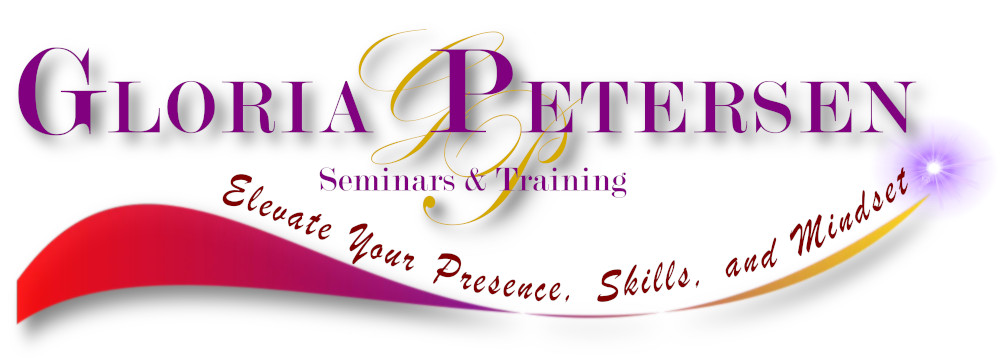
The Power of
Your Personal Trademark
You’ve got the credentials, the knowledge, and the determination—yet something still feels off. Have crucial steps in your professional interactions been overlooked, become sloppy, or taken for granted? Are the opportunities just not materializing? It might be time to reevaluate and complete your business toolkit.
Handling mishaps with grace and professionalism is vital to making a lasting impression. Personal charm combined with a polished professional demeanor builds confidence and earns loyalty. When challenges arise, how you manage them can either strengthen or weaken others’ trust in you. Now might be the perfect moment to step back, reassess your image, and make necessary adjustments.
Reflecting on Your Image: What Do Others Perceive?
Your professional image is your trademark, and you ultimately control it. Potential clients or hiring personnel often base their decisions on their perception of you. When your image and approach exude trust and confidence, you are seen as self-assured and capable. First impressions often evolve into “opinionated facts,” making the perception you create a powerful component of your professional identity.
Your appearance and body language create an immediate visual impact, while verbal communication reinforces this image. For instance, people will judge the seriousness of your advice by how you present it. They seek reassurance that you have their best interests at heart and that your guidance is sound.
Visuals Speak, Words Confirm: Assess Your Professional Appearance
Your appearance is one of your most potent tools, yet it’s often overlooked. From your hairstyle and attire to your shoes, your appearance influences how you carry yourself—how you walk, sit, and stand. What you wear should make you feel authoritative, confident, and comfortable, with your age, culture, and region playing an essential role.
Your clothing reflects your individuality, values, and aspirations. Dressing professionally conveys confidence, credibility, and authority while dressing too casually or provocatively sends mixed messages that could undermine your efforts.
Consider how you feel on a bad hair day or when your clothing doesn’t fit right—do you find yourself tugging at your clothes or making excuses? These distractions can detract from your professionalism and focus, making it harder to keep others’ attention on your expertise. Choose a style that best represents your brand and reputation, keeping the focus where it belongs—on your skills and knowledge.
Your Image, Your Control: Define Your Personal Trademark
Ultimately, you are the architect of how others perceive you. Make your trademark one that aligns with your professional goals and leaves a lasting, positive impression.
Please Share Your Thoughts


